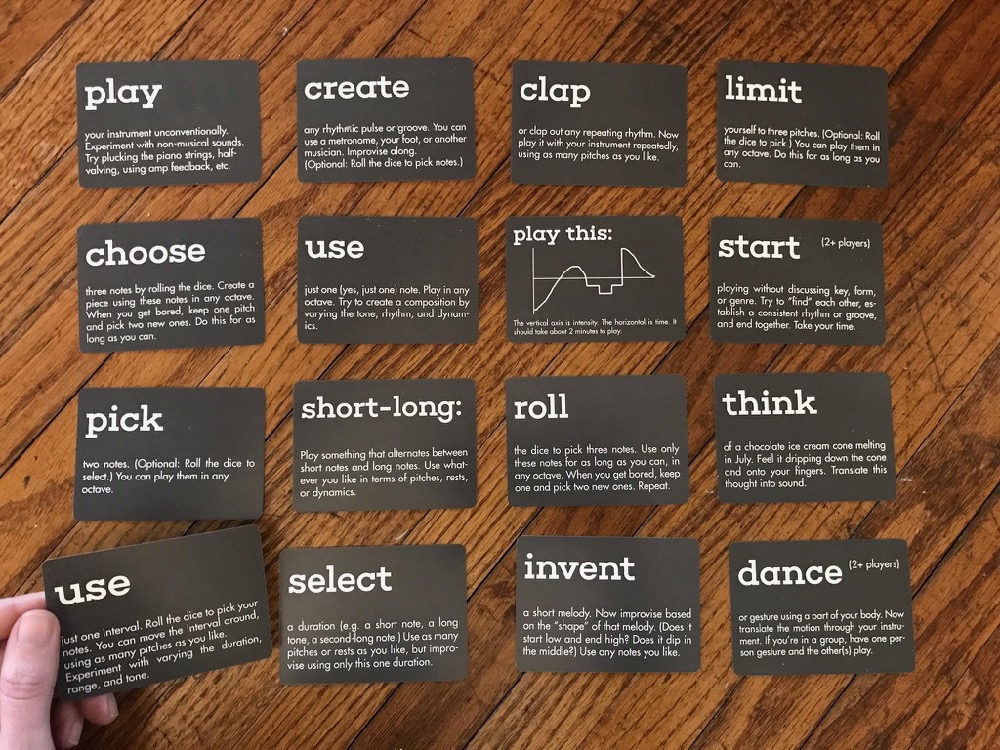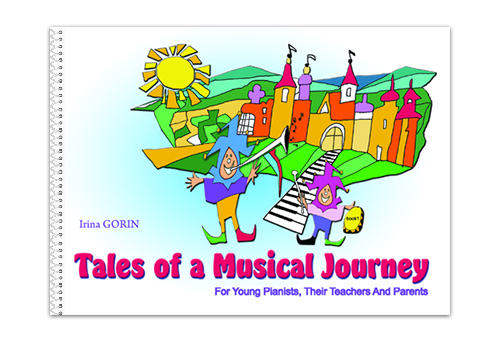Upon reading the title of this book, you might be wondering why this book is being reviewed on a piano teaching blog. That’s a great question! The reason boils down to this: this book applies to piano teachers as much as anyone else, and to me it was SO good that I wanted to share it with you here. 🙂
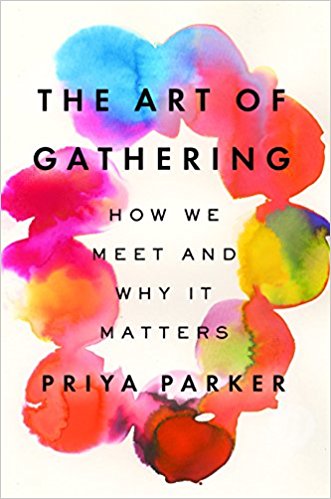
Gathering is universal — yet taken for granted — and can be so meaningful when done well. I feel confident that upon reading this book, you will, like me, find multiple ways to apply it within both your personal life and professional life.
In her book, author Priya Parker draws upon her expertise as host, event facilitator, conflict resoluter, and consultant to present a number of principles for gathering. The first principle she discusses is the most important: knowing the purpose of your gathering. From there, Parker discusses how your purpose will help you determine who to invite (and exclude) from your gathering, what venue to choose, and how to make the event transformative and memorable for those in attendance.
In this book, you’ll learn how to greet attendees, open gatherings, end them, “prime” attendees for the event before the date, and ensure the gathering is unique, effective, and fun for all in attendance.
The Art of Gathering is chock-full of fascinating stories from Parker’s experience exemplifying her gathering dos and don’ts. I found myself relaying many of the stories from the book to my husband. In turn, he kept asking if I was done reading the book so he could start reading it. 🙂
Parker’s advice was inspiring to me as I considered the variety of gatherings types in my own life — from my recitals, my studio “Piano Parties”, music camps, MTNA chapter general meetings, board meetings, gatherings with my family, dinners with friends, etc. I feel better equipped with things I can do to help gatherings be memorable and enjoyable for all involved. This book arrived in my life at an especially relevant time, as I am serving on the conference planning committee for the OhioMTA‘s 2019 state conference and also midst preparations for my upcoming second annual Piano Teacher Retreat at my home.
I “read” this book by listening to the audiobook using the Audible app (an Amazon company). I love Audible, because it enables me to read many more books in a year than I would without it. However, as much as I love audiobooks, I must tell you The Art of Gathering is so good you might want to consider buying a hardcopy (Amazon link) to mark up and reference again.
I recommend The Art of Gathering to anyone interested in learning how to facilitate gatherings to make them matter.
* * * * *
Interested in a trial subscription for Audible.com? Here’s a special link for a trial that will give you two free audiobooks.
Special shoutout to Seth Godin for recommending this book on his blog.



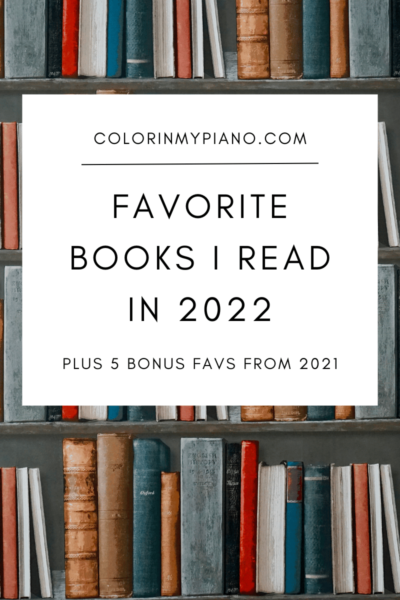
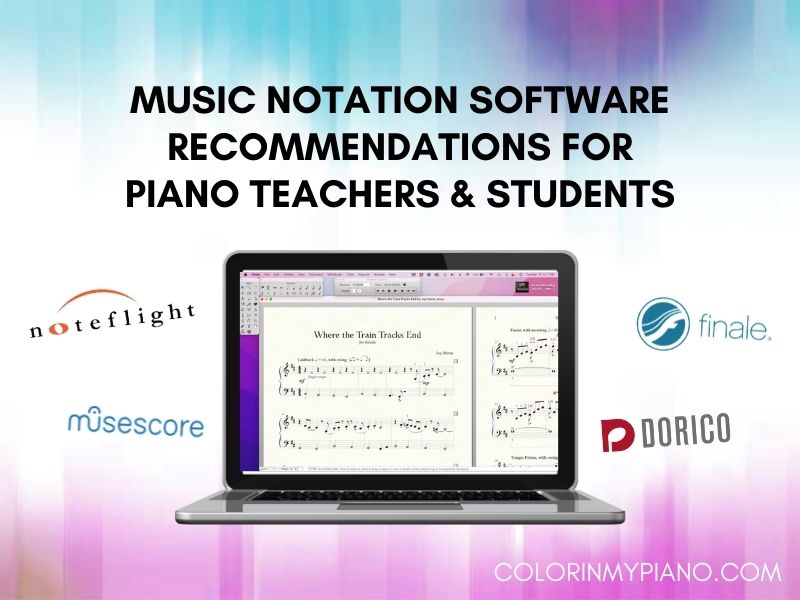
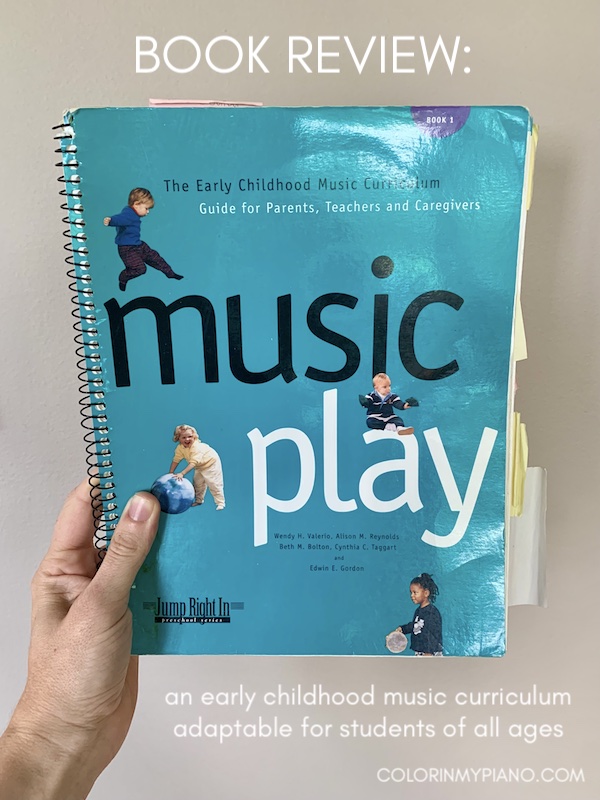
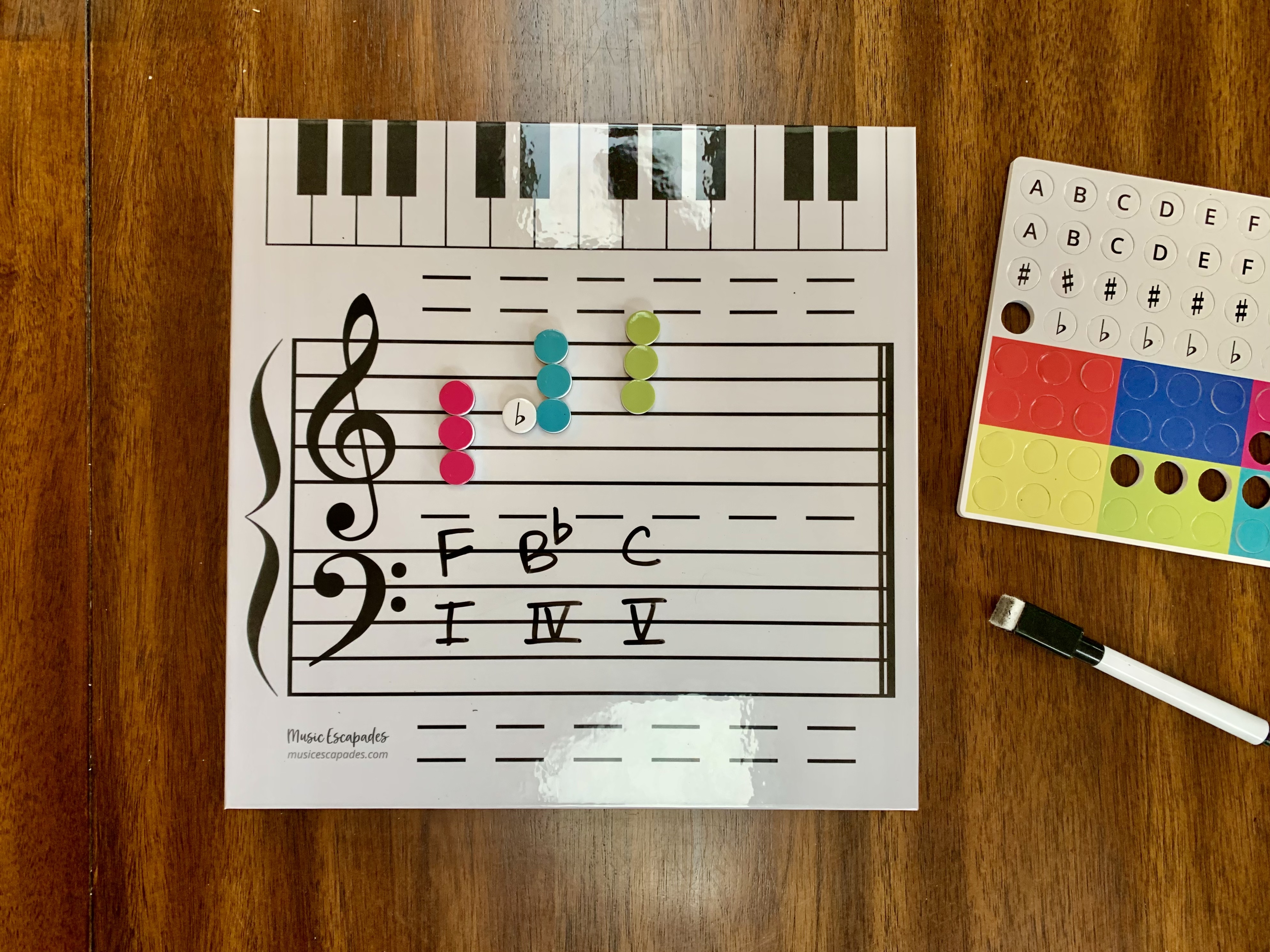
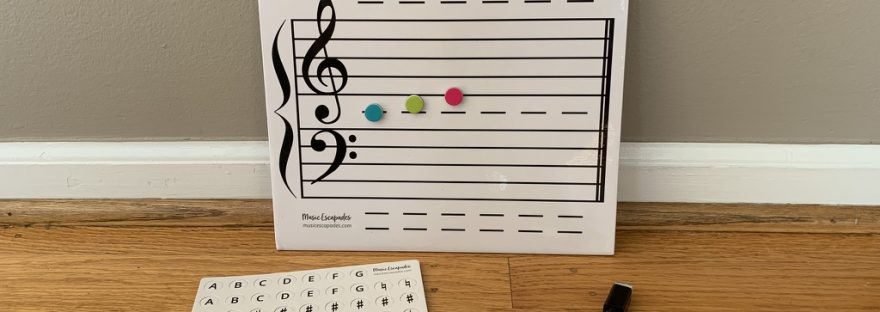
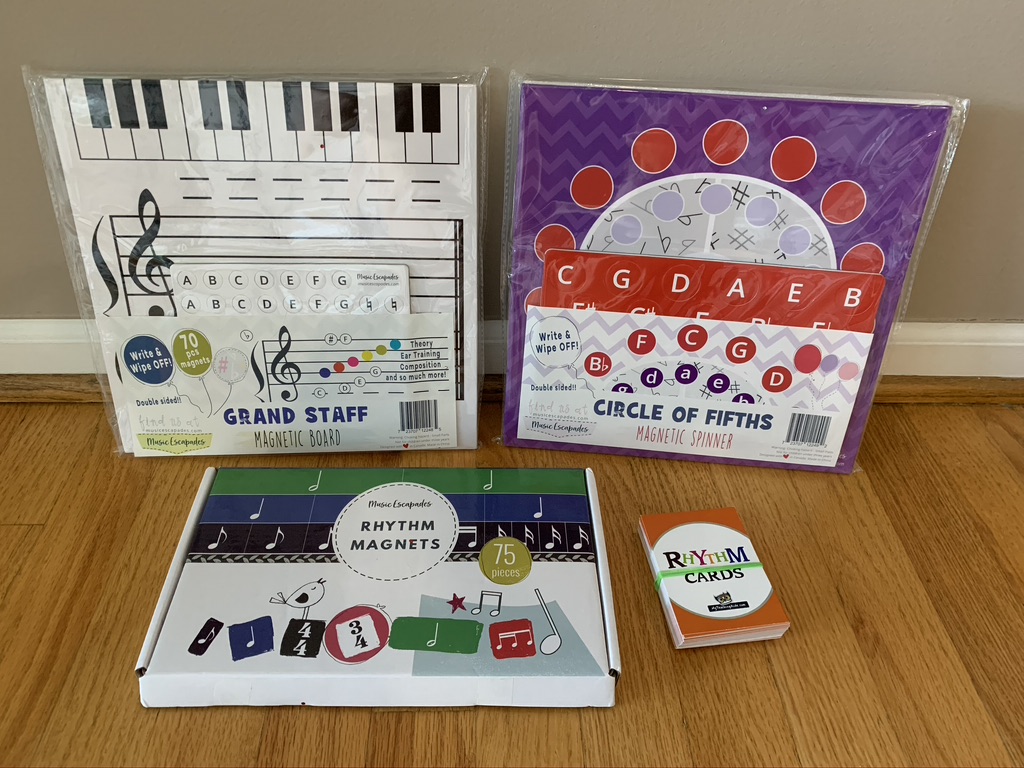
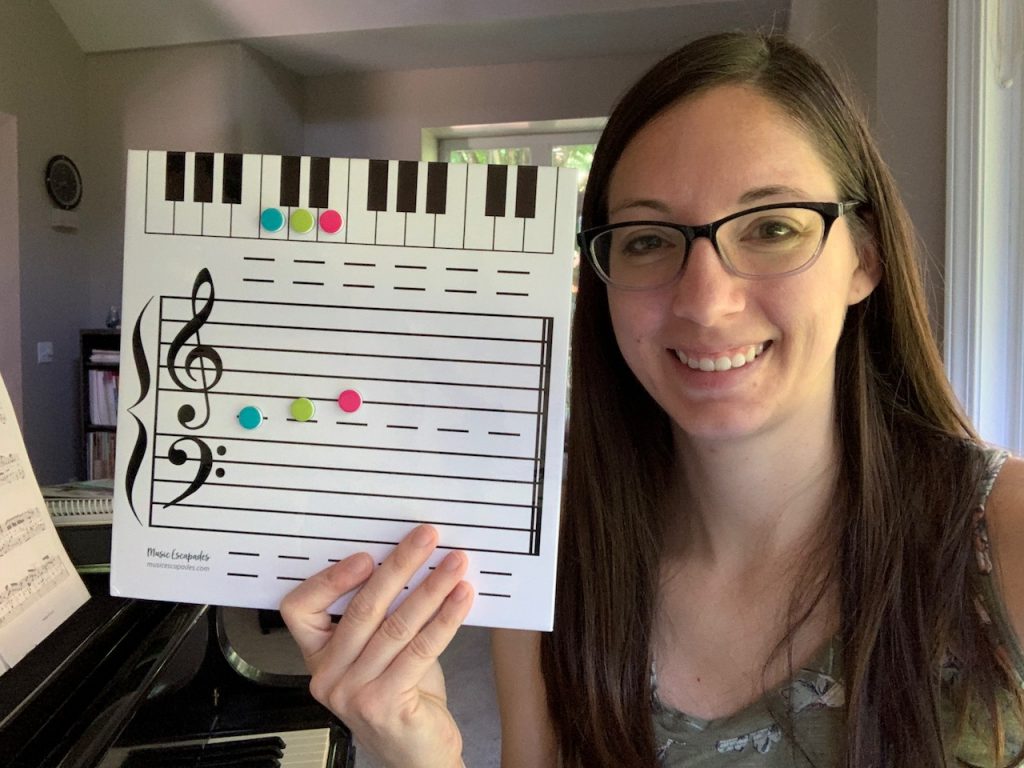


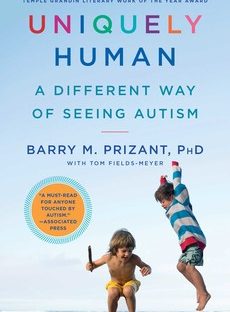
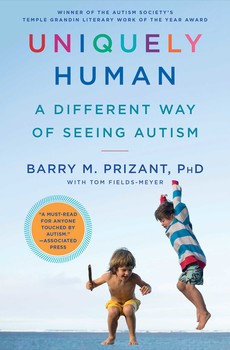
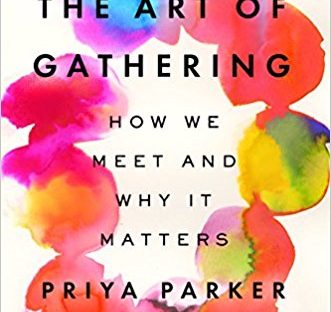

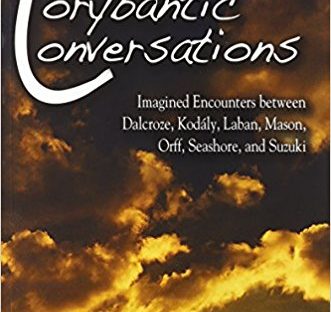
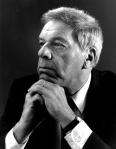 Over the past few of years, I’ve been reading my way through a handful of the dozens of books written by Dr. Edwin E. Gordon (1927-2015), thinker extraordinaire in the realm of
Over the past few of years, I’ve been reading my way through a handful of the dozens of books written by Dr. Edwin E. Gordon (1927-2015), thinker extraordinaire in the realm of 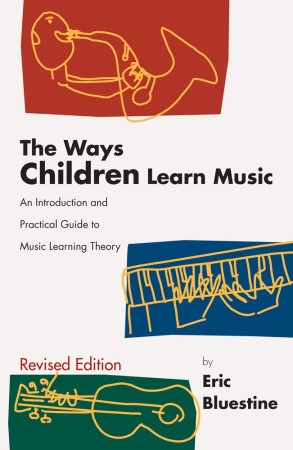
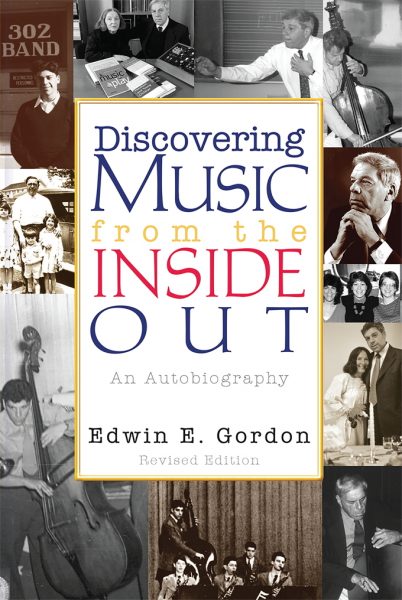 Discovering Music from the Inside Out: An Autobiography – Revised edition, by Edwin E. Gordon
Discovering Music from the Inside Out: An Autobiography – Revised edition, by Edwin E. Gordon
